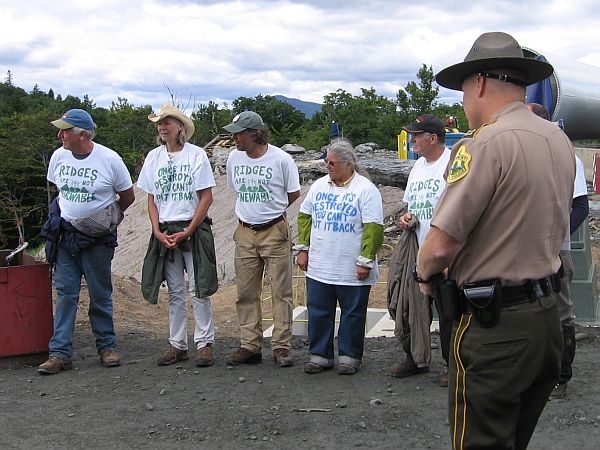 WCTV does what VDT dares not:
Greg Gullberg mentioned last year’s biomass protests in the first sentence of this
story about the Industrial Authority threatening to sue Sterling Planet
to get clear title to the former proposed biomass plant site.
WCTV does what VDT dares not:
Greg Gullberg mentioned last year’s biomass protests in the first sentence of this
story about the Industrial Authority threatening to sue Sterling Planet
to get clear title to the former proposed biomass plant site.
Greg Gullberg reported for WCTV yesterday, Dispute Over Land For Proposed Biomass Plant,

The vocal protests in Valdosta are long gone, but the controversy over the proposed Biomass plant lingers. This time not for concerns of health safety, but over the land.
The Valdosta-Lowndes County Industrial Authority plans to sue Wiregrass Power LLC to end its contract.
The proposed Biomass Plant was supposed to be a low-cost source of efficient energy. Supporters say it would have created hundreds of jobs. But opponents say the health risks include cancer, lung disease and respiratory disease.


750,000 gallons of water each day
Tell me, Col. Ricketts, doesn’t it feel better to be visibly on the side of the people, instead of having to defend a bad business deal?
Continue reading














